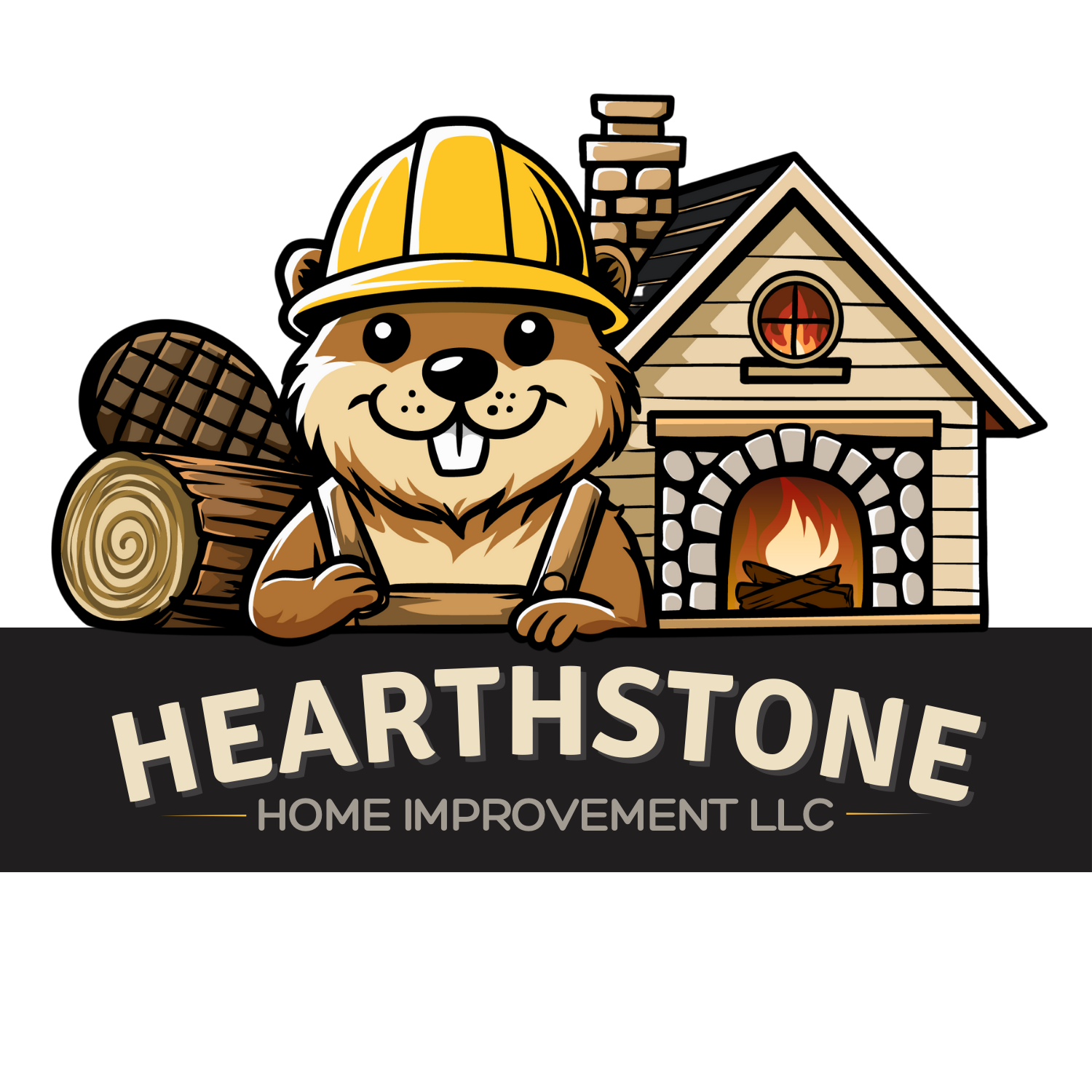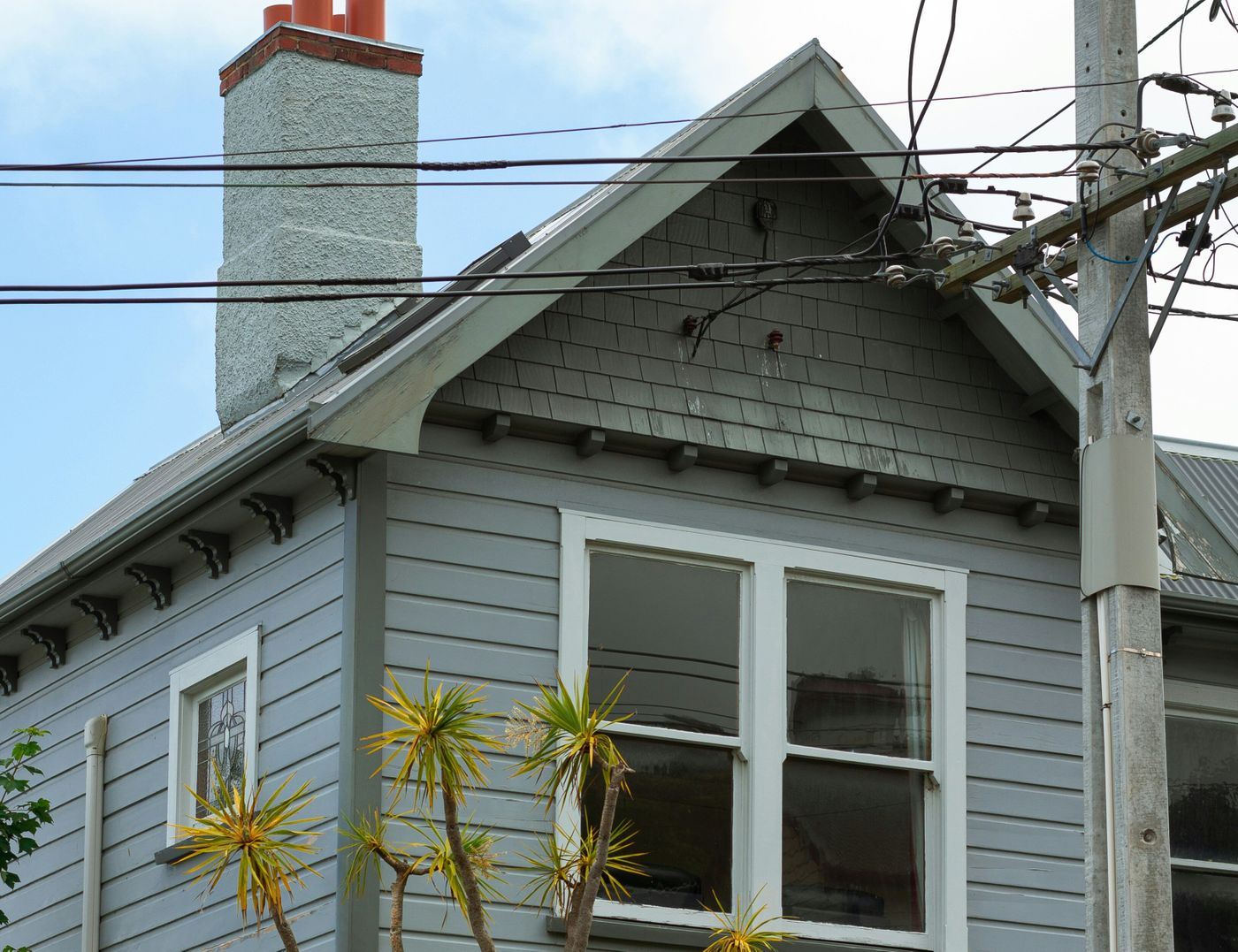When it comes to increasing your home’s resale value, most homeowners focus on interior upgrades, kitchen remodels, or bathroom renovations. However, exterior elements play just as important a role, especially siding. The condition of your home’s siding can dramatically influence curb appeal, energy efficiency, and buyer perception. If your siding is outdated, damaged, or worn, it can send a strong signal to potential buyers that the rest of the home may not be well-maintained either. This blog explores how siding problems affect resale value and why staying ahead of repairs or investing in replacement is a smart decision.
First Impressions and Curb Appeal
The first thing prospective buyers notice when they pull up to your property is the exterior. Faded, cracked, or warped siding immediately lowers the perceived value of your home. Even if the interior is updated and pristine, poor siding gives the impression of neglect. Buyers tend to form an opinion in seconds, and unattractive or damaged siding can prevent them from ever seeing the inside.
In contrast, clean, well-maintained siding communicates pride of ownership and reduces concerns about future maintenance. New or updated siding gives the home a refreshed, modern look that attracts more buyers and can lead to faster offers.
Structural Protection and Buyer Confidence
Siding does more than add visual appeal, it also protects your home from water infiltration, pest intrusion, and structural damage. If your siding is rotting, bubbling, or pulling away from the house, it often signals deeper problems behind the walls.
Many homebuyers are wary of purchasing a property with hidden issues, and home inspectors are quick to flag siding-related problems during inspections. These red flags can lead to lower offers or derail a sale entirely. On the other hand, new siding shows buyers that the home is properly sealed and maintained, boosting their confidence in the investment.
Energy Efficiency and Utility Costs
Older or damaged siding often lacks proper insulation and sealing. This can cause drafts and higher energy bills. Buyers are increasingly prioritizing energy efficiency, especially as utility costs continue to rise. A home with poor insulation or visible air leaks becomes less appealing.
Modern siding options like insulated vinyl or fiber cement can improve your home's thermal performance, reducing heating and cooling costs. If your current siding is clearly outdated or in disrepair, replacing it with energy-efficient materials can be a major selling point and justify a higher asking price.
Appraisal Value and Return on Investment
Professional appraisers take siding condition into account when evaluating your home. If the siding is cracked, discolored, or missing sections, it will likely result in a lower appraised value. This can make it harder to sell your home for the price you want or may lead to financing issues for buyers relying on mortgage approval.
On the positive side, siding replacement consistently ranks as one of the top remodeling projects for return on investment. According to remodeling industry studies, homeowners can recoup a large percentage of the siding upgrade cost when they sell. While the exact ROI varies depending on materials and location, it is typically well above 70 percent and can be even higher in areas with harsh weather or strong real estate competition.
Moisture Damage and Mold Concerns
Damaged siding can allow moisture to seep into your walls, especially after heavy rains or snowmelt. Over time, this can lead to mold, rot, and compromised framing. These hidden issues are not only expensive to repair but also pose health concerns that drive away potential buyers.
If there is visible warping, bubbling, or mildew on your siding, it raises concerns about moisture damage. Buyers may demand credits, price reductions, or pull out of the deal entirely once they learn of the potential risk. Replacing faulty siding can help you avoid these obstacles and maintain the full value of your home.
Insurance Considerations and Inspection Reports
Insurance companies often assess the condition of siding when writing or renewing a policy. If your home’s exterior has obvious deterioration, you may face higher premiums or have trouble securing coverage. This can be a problem during the sales process if the buyer’s insurer flags your siding as a liability.
Additionally, home inspections will highlight siding defects such as gaps, holes, or lack of flashing. These issues often lead to renegotiation or requests for repairs before closing. By addressing siding problems before listing, you help ensure a smoother sales process and fewer last-minute surprises.
Buyer Expectations in Competitive Markets
In today’s competitive real estate market, buyers expect more than just functional homes. They want modern, move-in-ready properties that do not require immediate repairs. If your siding is clearly aged or showing signs of wear, buyers may perceive it as a project they need to take on, which can impact how much they are willing to offer.
By contrast, replacing siding before selling can make your home stand out. Updated siding often matches current design trends, boosts curb appeal, and sets your listing apart from others in the neighborhood. This can lead to quicker offers and less time on the market.
Siding Replacement as a Strategic Investment
For many homeowners, replacing siding may not seem like a priority until problems arise. However, viewing siding replacement as a long-term investment can pay off significantly at resale. Not only does it help protect your home and improve efficiency, but it also reassures buyers that the home has been cared for properly.
If you plan to sell within the next few years, replacing aging or damaged siding can be a smart pre-sale upgrade. It helps justify a higher listing price, reduces the chance of deal-breaking inspection issues, and enhances buyer interest from the moment they see your home.
Final Thoughts
Siding plays a crucial role in your home’s value, both in appearance and structural performance. Damaged or outdated siding can lead to reduced curb appeal, lower appraisal values, and buyer hesitation. By proactively replacing siding when needed, you protect your home, attract better offers, and improve your position in the real estate market.
If you are unsure about your siding’s condition or are preparing to sell your home, schedule a siding inspection with a trusted local contractor. Catching problems early and investing in an upgrade can mean the difference between a quick, profitable sale and a home that lingers on the market.

